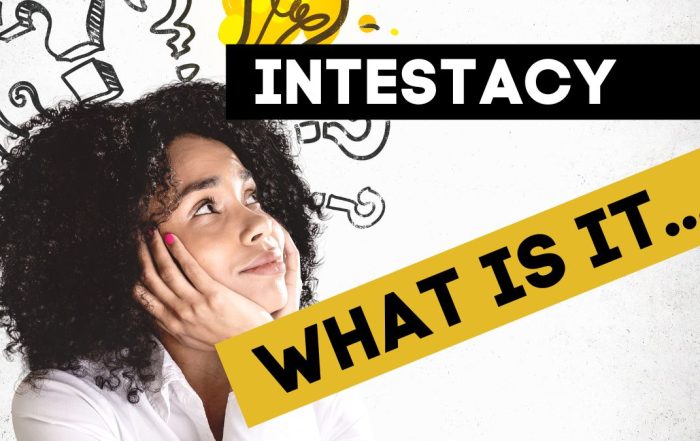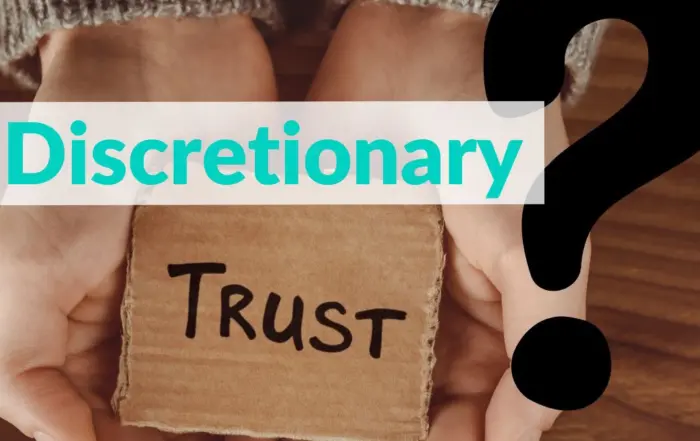Intestacy
If we die without a will, we are deemed to have died ‘intestate’. In those circumstances, the law decides who gets what, and who is entitled to deal with probate. Our articles cover everything from the current intestacy rules, through to who gets what in the list of priority. But, if you don’t find what you’re looking for, do reach out to our expert wills and probate solicitors with your intestacy rules query.
VALUE
SIMPLE
QUICK
EXPERT
Wills Services
5 STAR Solicitor reviews!
Check out other solicitors’ websites and they’ll be littered with self-adulation – they’re “leading solicitor” this, and “solicitors doing” that. Rather than toot our own horn we’d rather you be the judge of how good our solicitors are. Trustpilot is a totally independent review site where our clients are free to leave whatever thoughts they feel best describe the legal service they received from us. It’s raw. It’s honest. It’s for real. And critically, it’s from you!
Contact our Wills Solicitors
Our expert Wills solicitors can help with all aspects of wills. Whether you need a simple will, a complex will trust, or perhaps you have assets abroad. We can help! So, get in touch – we’re looking forward to helping you!














